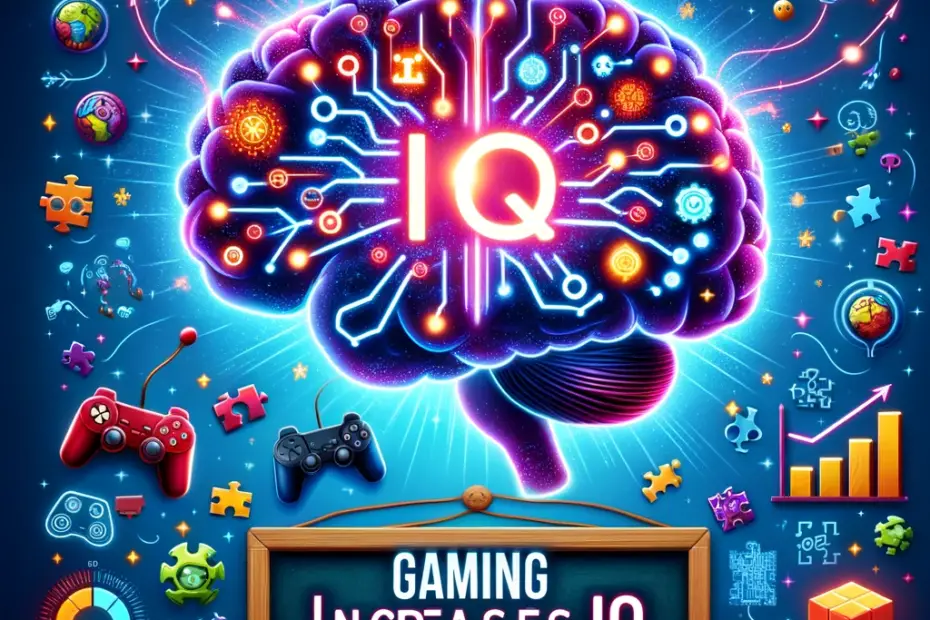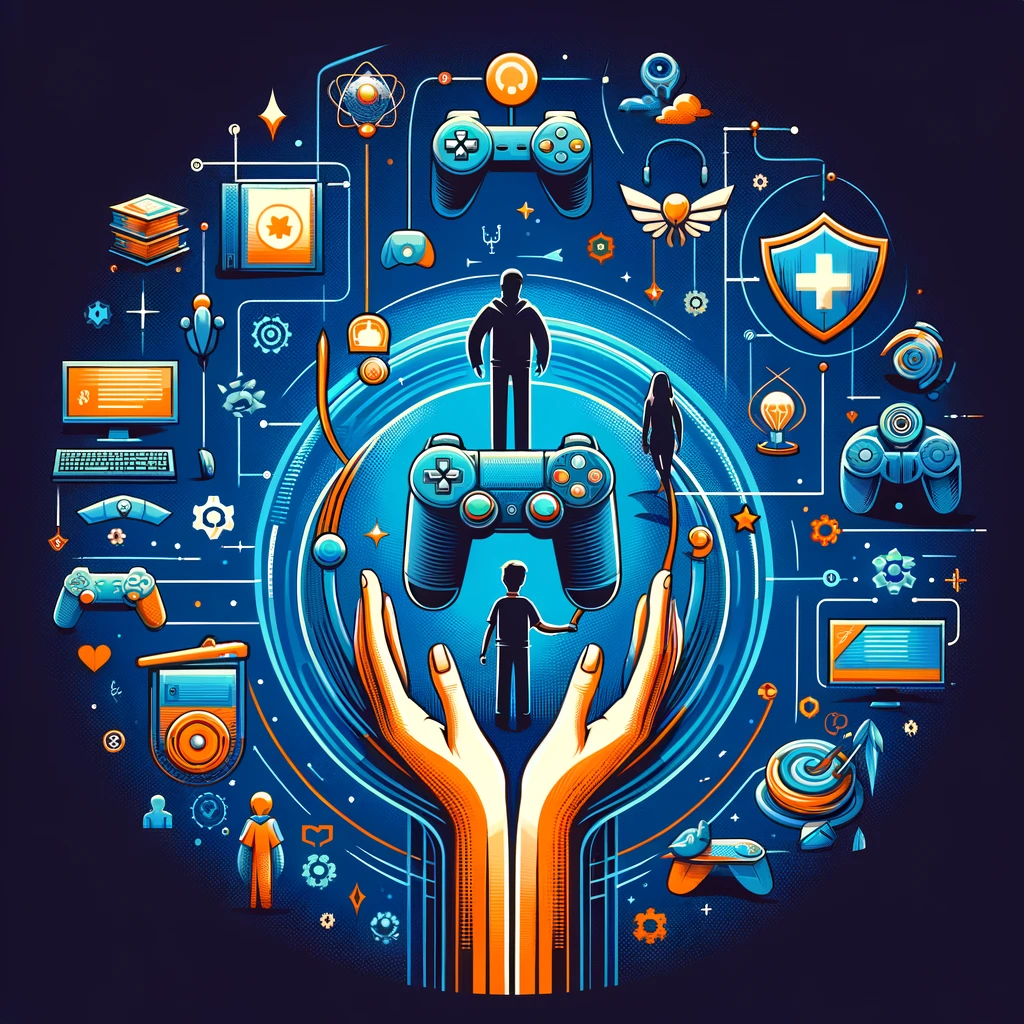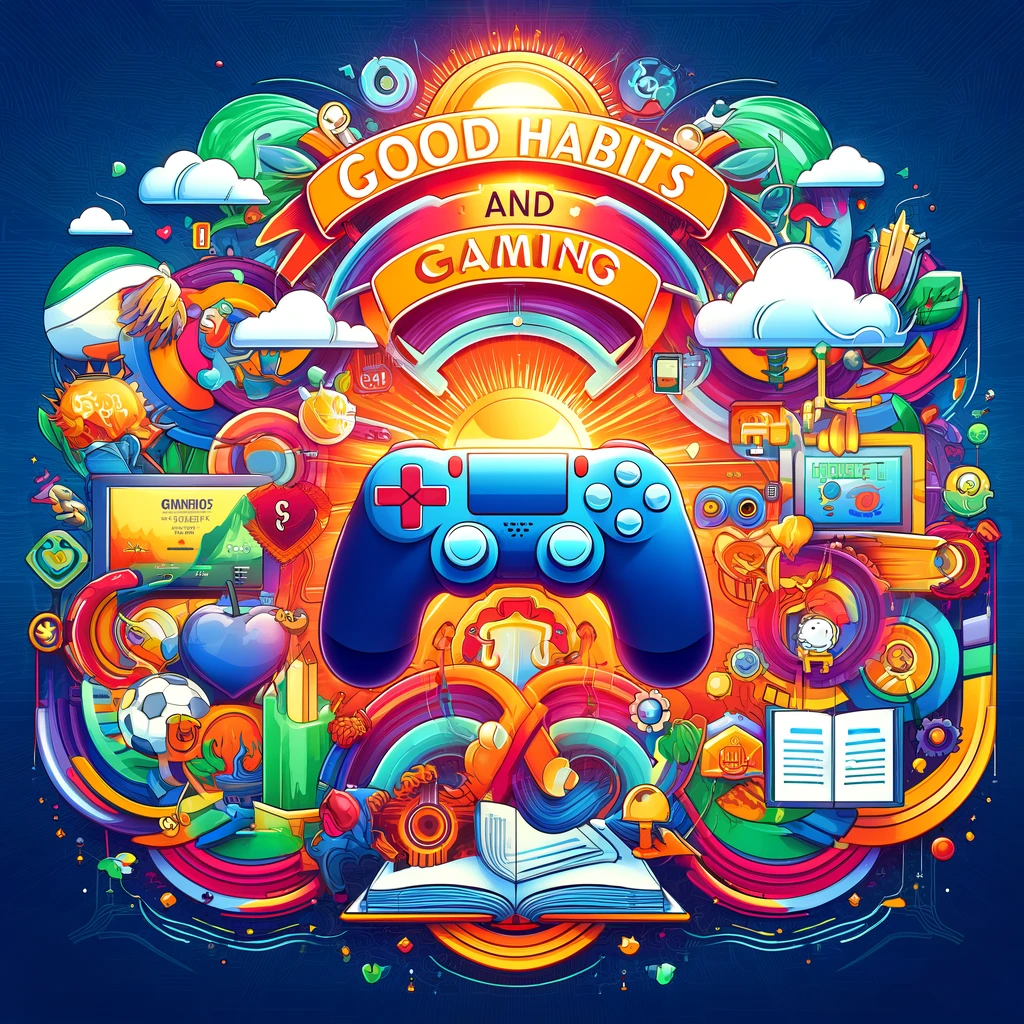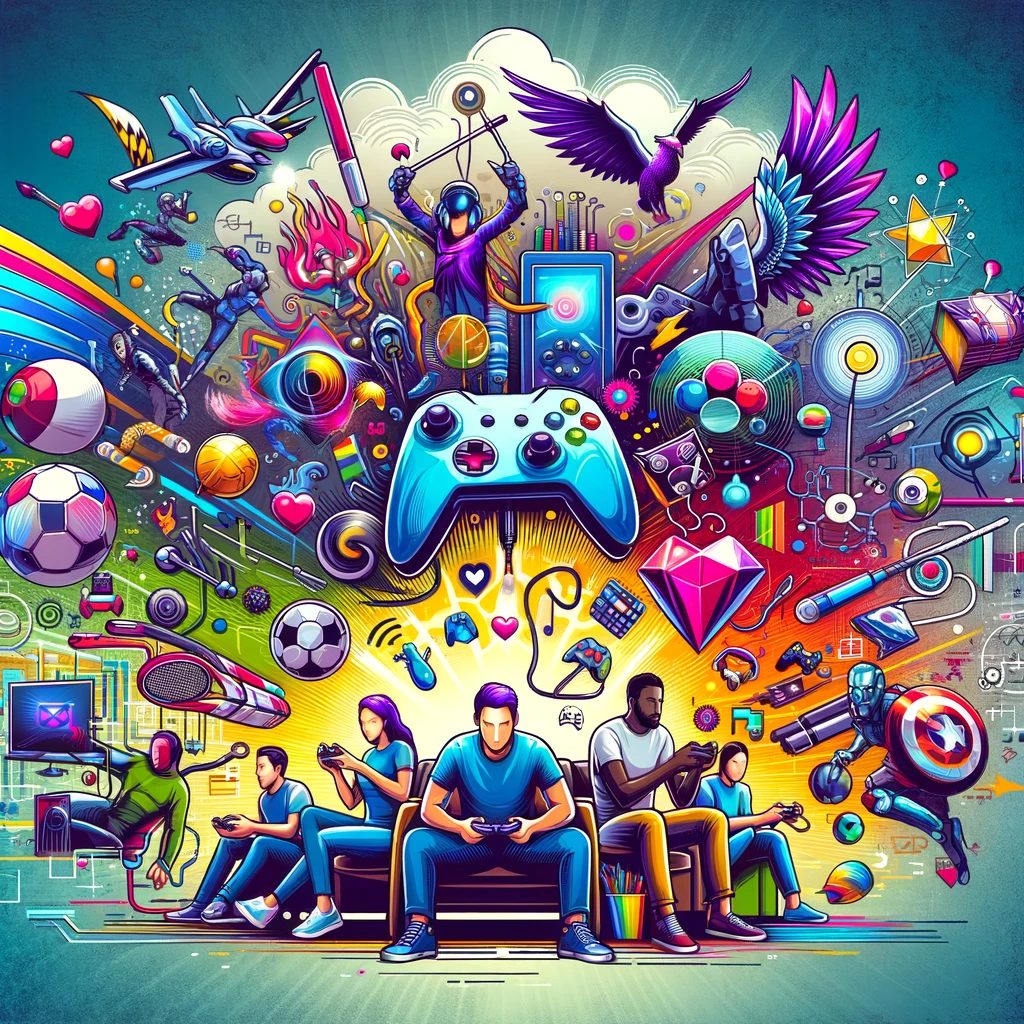Introduction to Gaming and Cognitive Development
The intersection of gaming and cognitive development has long been a topic of interest and debate among psychologists, educators, and gamers themselves. Contrary to the stereotype of gaming as a purely recreational activity with little value, emerging research suggests that certain types of games can significantly stimulate cognitive growth and potentially increase IQ. This article aims to shed light on how gaming, when engaged purposefully and in moderation, can be a tool for cognitive enhancement, exploring the types of games that contribute to this effect and the underlying neurological mechanisms.
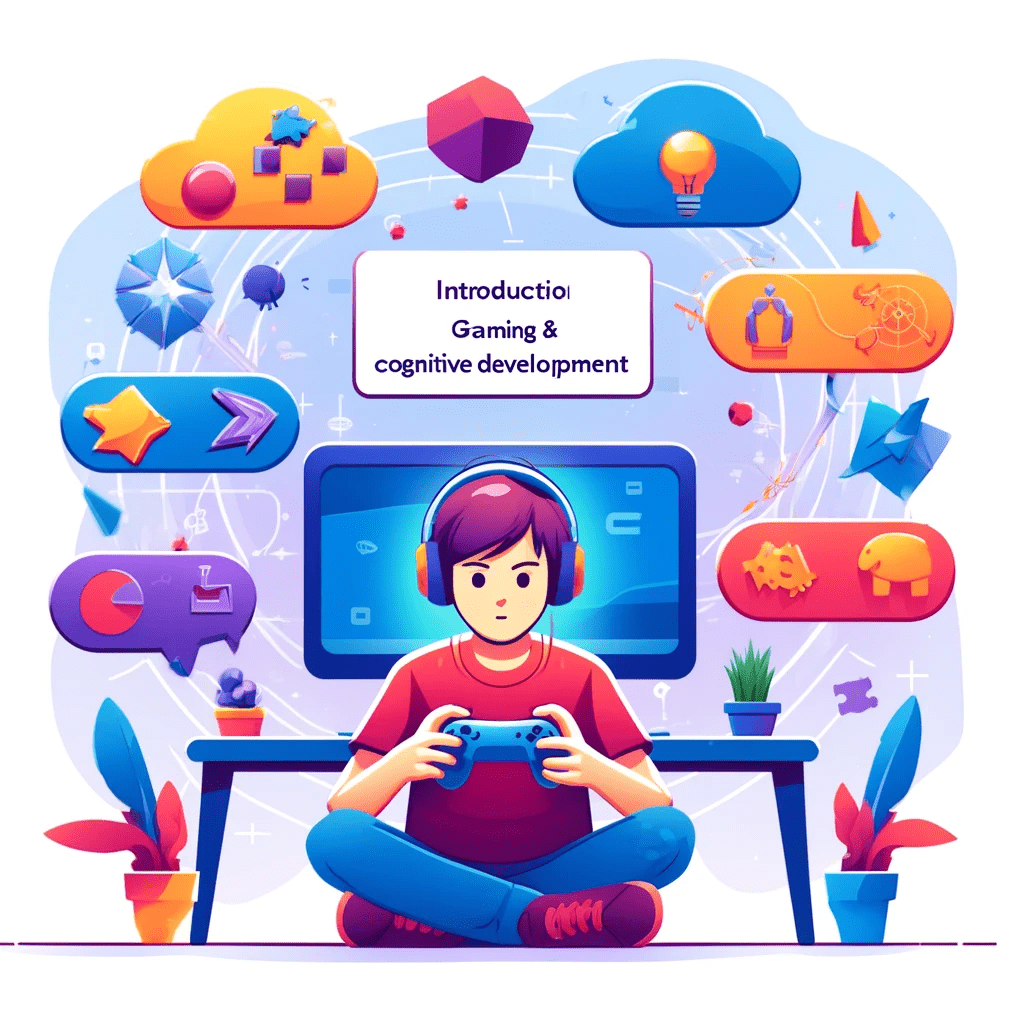
Types of Games and Their Cognitive Impacts
Not all games are created equal when it comes to cognitive development. Puzzle games, for instance, are celebrated for their ability to improve problem-solving skills and enhance memory. Strategy games, on the other hand, require players to engage in complex planning, resource management, and adaptability to changing scenarios, thereby honing strategic thinking and decision-making skills. Role-playing games (RPGs) immerse players in story-rich environments requiring critical thinking, empathy, and teamwork, contributing to emotional intelligence and social skills. These genres, among others, offer varied cognitive challenges, engaging different areas of the brain and fostering a wide range of intellectual skills.
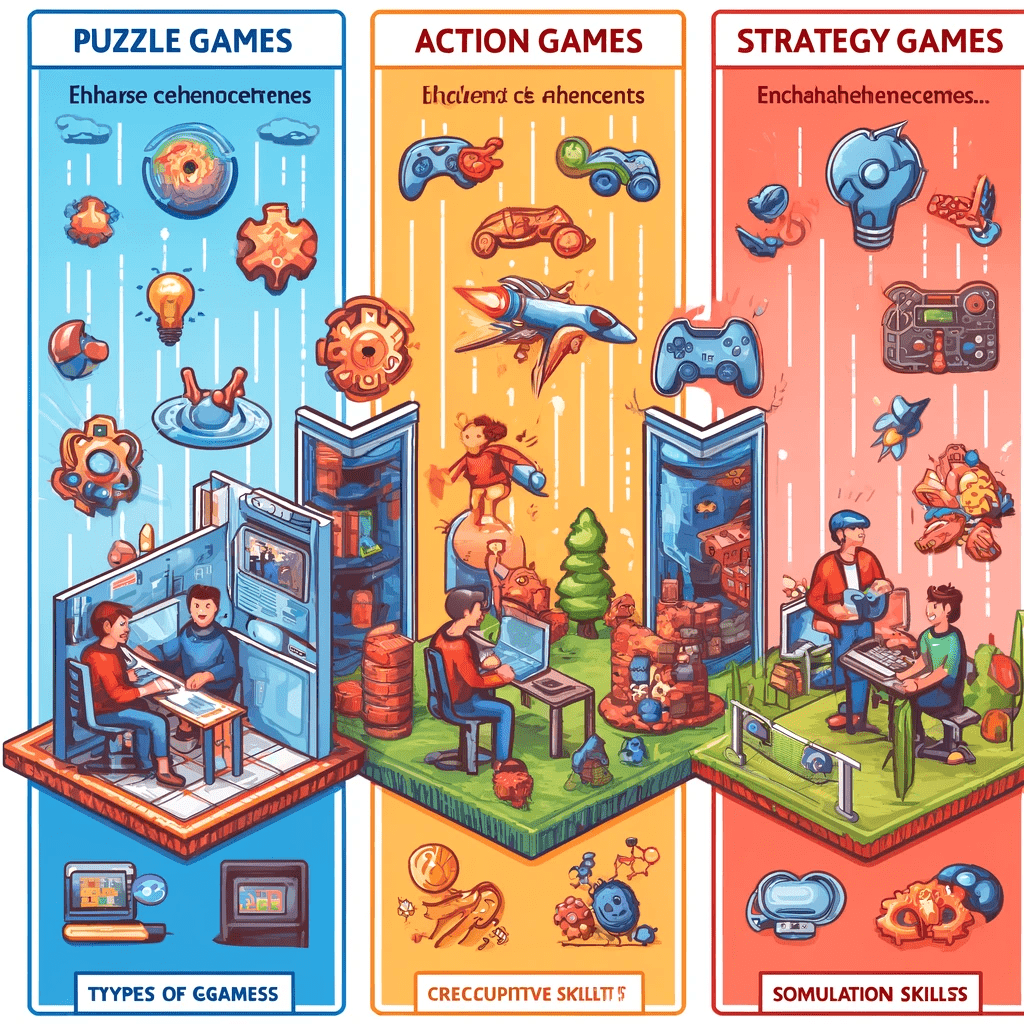
Neurological Studies on Gaming
Neuroscience offers fascinating insights into how gaming influences brain function. Studies utilizing functional magnetic resonance imaging (fMRI) have observed increased activity and even structural changes in regions of the brain associated with tasks like spatial navigation, memory formation, strategic planning, and fine motor skills following regular engagement with video games. For example, action game players often show improved attentional control, capable of processing complex environments and tracking multiple objects more efficiently than non-gamers. These neurological adaptations suggest that gaming can lead to lasting improvements in brain function, potentially translating to higher IQ scores and enhanced cognitive abilities.

Real-Life Examples and Case Studies
Beyond laboratory settings, real-life anecdotes and case studies further corroborate the cognitive benefits of gaming. Educational institutions and therapy programs have successfully integrated video games as tools for learning and cognitive rehabilitation. For instance, games designed to improve memory and attention have been used to assist patients with ADHD and Alzheimer’s, showing promising results. Moreover, stories of individuals excelling in problem-solving, critical thinking, and creative tasks often highlight a background of extensive engagement with video games, suggesting a positive correlation between gaming and cognitive prowess.
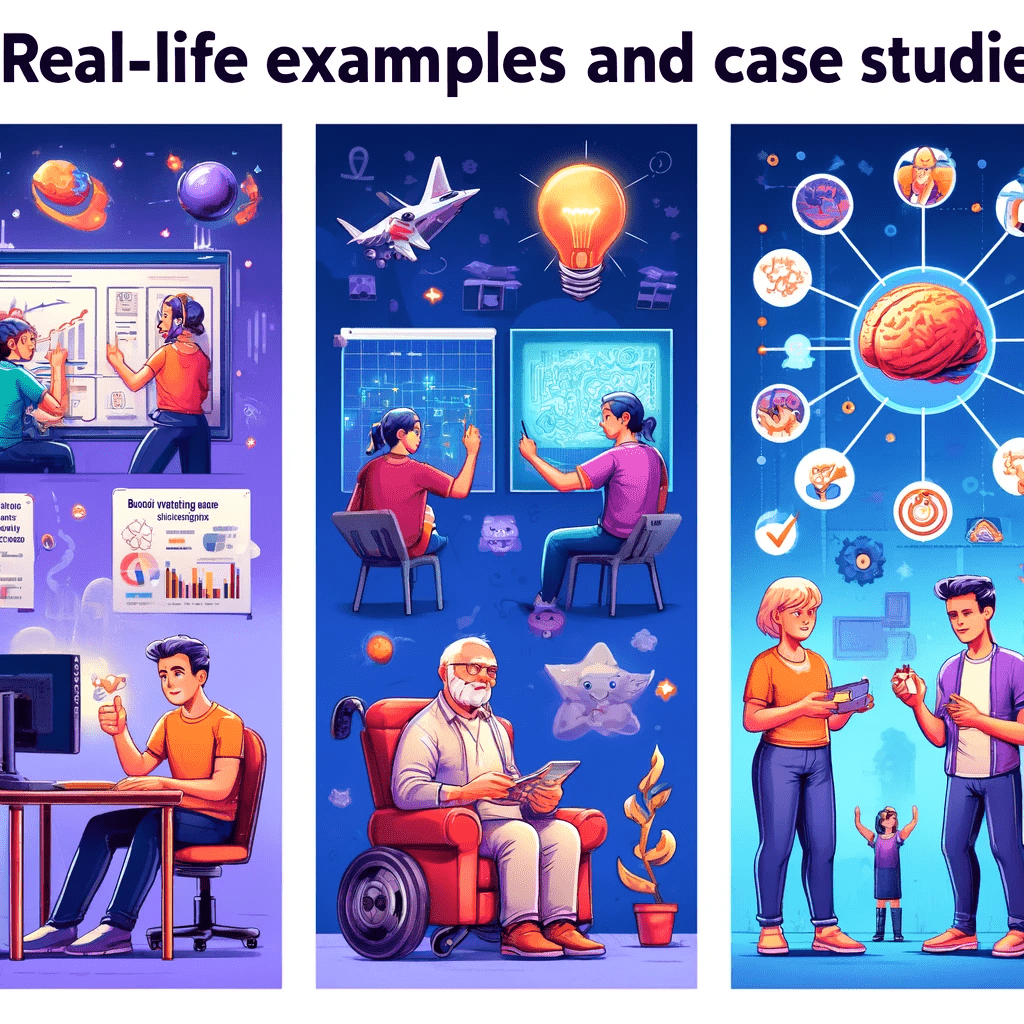
Educational Games and Platforms
The rise of educational games and platforms has brought a new dimension to the conversation around gaming and intelligence. These tools are specifically designed to merge entertainment with learning, targeting skills ranging from mathematics and language arts to coding and science. Platforms like Khan Academy and apps like Duolingo gamify the learning process, making education more engaging and accessible. Such initiatives demonstrate the potential of games as valuable educational resources, capable of enhancing cognitive skills while keeping learners motivated and entertained.

Limitations and Considerations
While the benefits of gaming on cognitive development are promising, it’s crucial to acknowledge the potential drawbacks. Excessive gaming can lead to addiction, social isolation, and neglect of physical health. Moreover, not all games contribute equally to cognitive growth, with some potentially reinforcing negative behaviors or cognitive patterns. Players, parents, and educators need to approach gaming with balance and discernment, choosing games that offer genuine cognitive challenges and setting reasonable limits on gameplay to ensure a healthy lifestyle.
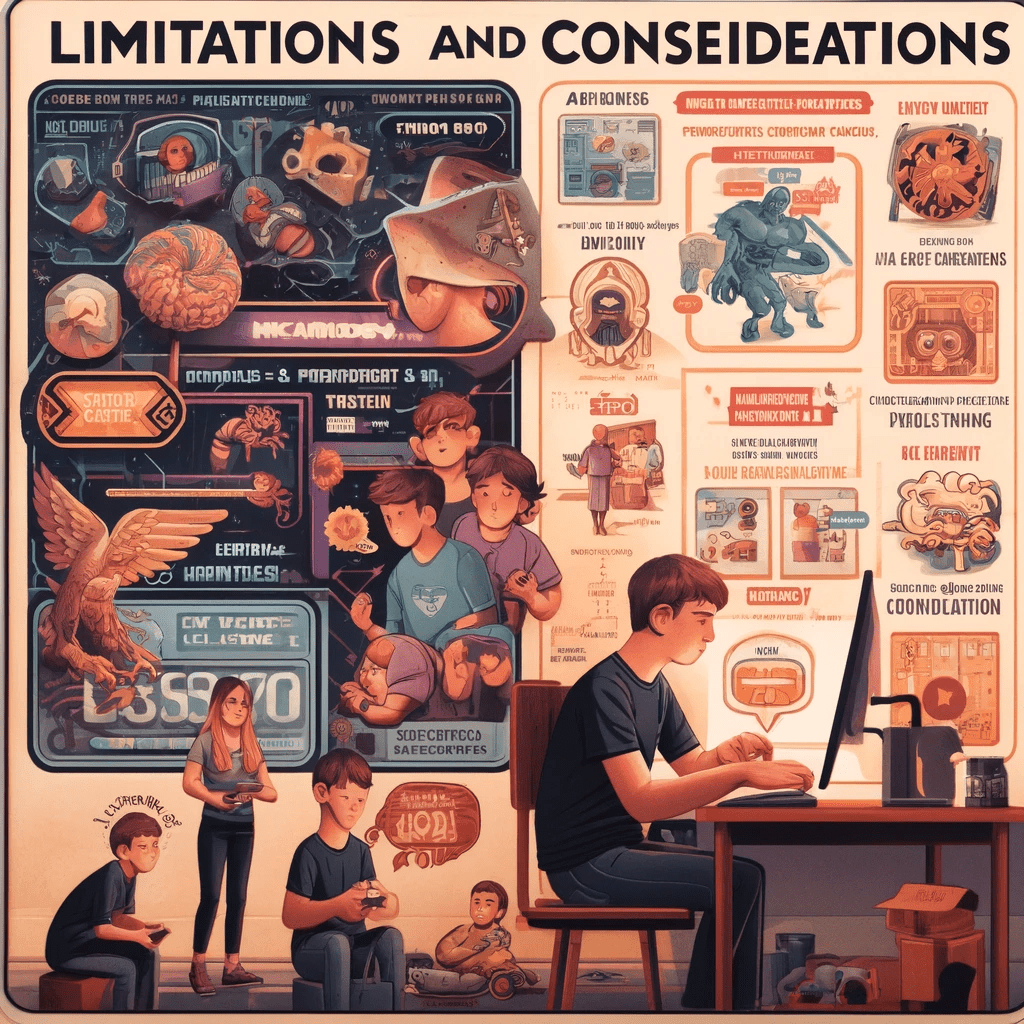
Conclusion: The Future of Gaming and Intelligence
The relationship between gaming and intelligence is complex and multifaceted, with significant evidence pointing to the cognitive benefits of strategic and problem-solving game elements. As our understanding of this relationship deepens, there’s potential for games to be increasingly recognized and utilized as tools for cognitive enhancement and education. The future may see a more deliberate integration of gaming in educational curriculums and therapeutic programs, harnessing the engaging power of games to foster intelligence and cognitive skills. In this evolving landscape, gaming stands not just as a form of entertainment, but as a gateway to learning, development, and enhanced cognitive abilities.
